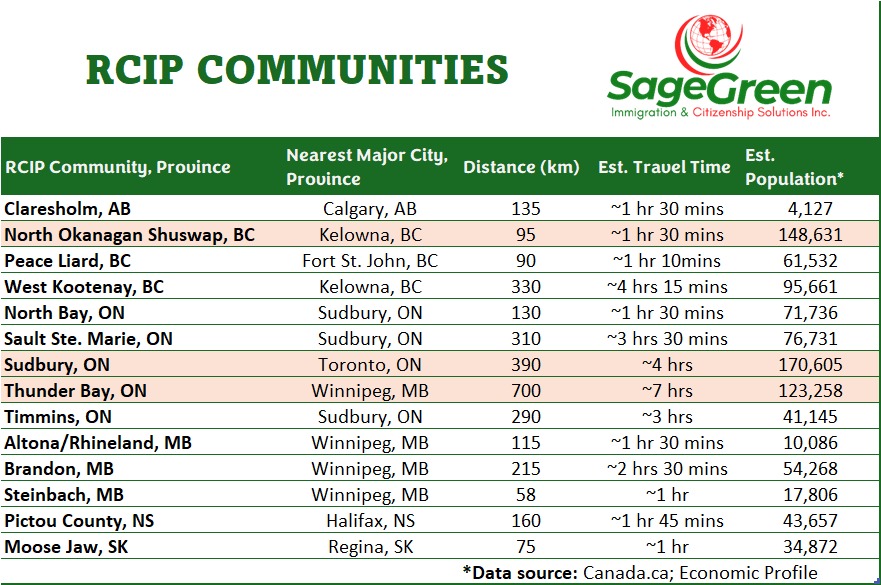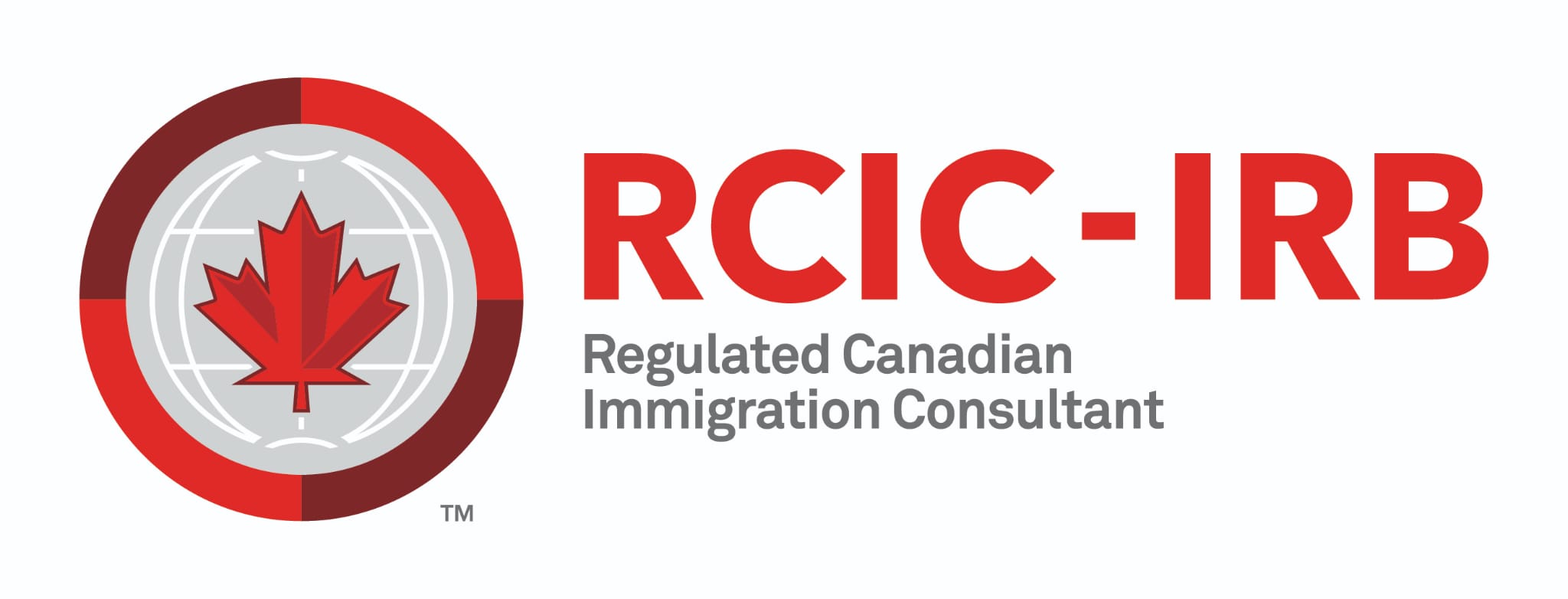
Have you ever had a visa rejected without a clear reason? Or been caught in a confusing bureaucratic process that left you feeling powerless?
You’re not alone. Every year, thousands of people face decisions that dramatically impact their lives—from immigration and refugee claims to professional licensing and citizenship. These decisions are governed by a lesser-known but incredibly important area of law: Administrative Law.
In this blog post, we’ll break down what administrative law is, why it matters, how judicial review works, and where immigration consultants come in to support and empower your journey.
What is Administrative Law?
Administrative law is a branch of public law that governs the activities of government decision-makers. It ensures that their decisions are:
- Made with legal authority
- Procedurally fair
- Free from abuse of power or bias
- Open to review in certain circumstances
This area of law affects a wide range of everyday issues:
- Immigration and visa decisions
- Refugee hearings
- Licensing of professionals (like nurses, doctors or engineers)
In short, administrative law is what keeps government accountable to the people.
Real-Life Scenarios
Let’s make it real. Picture this:
- A student applies for a Canadian study visa and gets rejected with no explanation.
- A refugee claimant receives a rushed hearing and is denied protection.
- A regulated professional loses their license due to an unfair disciplinary process.
These life-altering decisions often happen behind closed doors. Administrative law steps in to ensure that due process is followed and individuals are treated fairly.
What Rights Do You Have?
Administrative law grants you critical protections:
- The right to notice: You must be informed of decisions and the reasons behind them.
- The right to respond: You have the opportunity to provide evidence or explanations.
- The right to an impartial decision-maker
- The right to judicial review, if a decision is unfair, unreasonable, or unlawful
These aren’t just legal technicalities—they’re essential safeguards for your rights and dignity.
What is Judicial Review?
When something goes wrong, judicial review is often the only way to challenge a decision in court.
But be warned: judicial review is limited and difficult.
Under the Federal Courts Act, judicial reviews:
- Must be filed within 15 to 60 days
- Require leave (permission) to proceed
- Do not result in a final win or loss—even if successful, the case is usually sent back to the decision-maker for reconsideration
- Judicial review is not a re-do of your case. It simply reviews whether the original decision was made fairly and within the bounds of the law.
And here’s a crucial point: Immigration consultants are not permitted to represent clients in judicial review hearings.
So What Can Immigration Consultants Do?
A lot. In fact, your best chance at success is during the initial application or hearing.
That’s where immigration consultants shine:
- Preparing strong, complete JR ready applications
- Ensuring you meet all legal and procedural requirements
- Advocating effectively before mistakes are made
While consultants can’t represent you in Federal Court, they are your first and best line of defense when it comes to preventing errors that could cost you your future in Canada.
Why It Matters
Administrative law might sound abstract, but it’s deeply personal. It affects where you live, whether you can stay, work, reunite with family, or practice your profession.
Understanding your rights—and getting the right help—can be the difference between a denial and a fair chance.
Final Thoughts
If you’ve ever felt lost in the immigration process or been on the receiving end of a sudden and confusing government decision, know this:
- You have rights.
- There are rules.
- And there are professionals who can help you navigate them.
- A strong case starts with the right strategy. Don’t wait until it’s too late to get help.
Have questions? Worked with an immigration consultant? Faced an unfair decision? Share your experience below or reach out.






